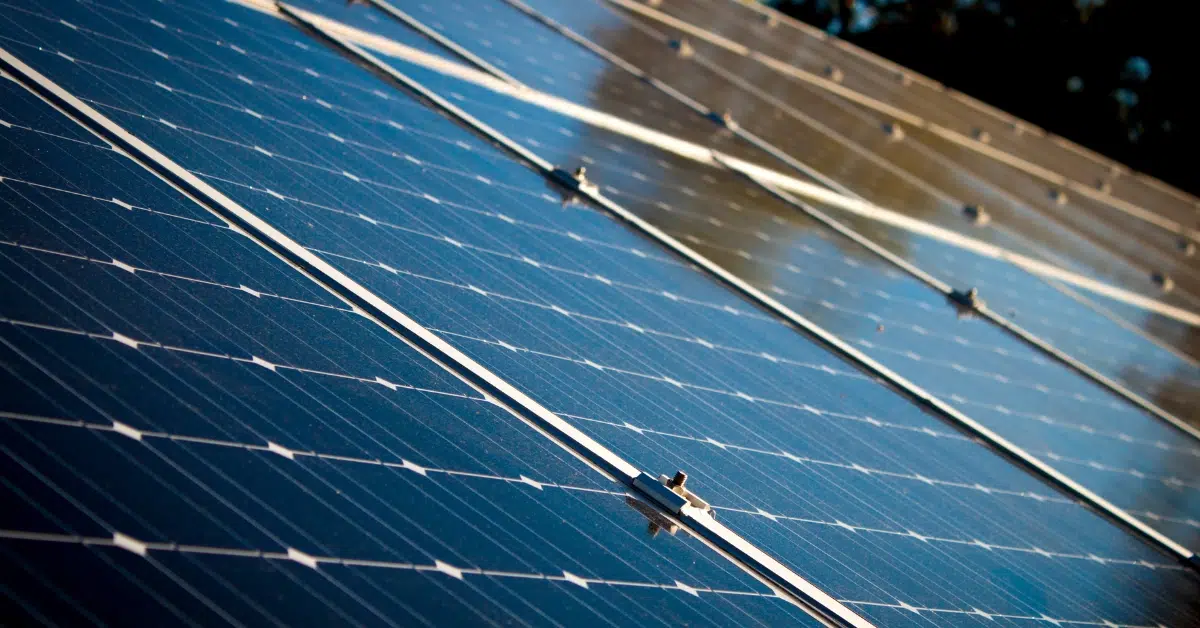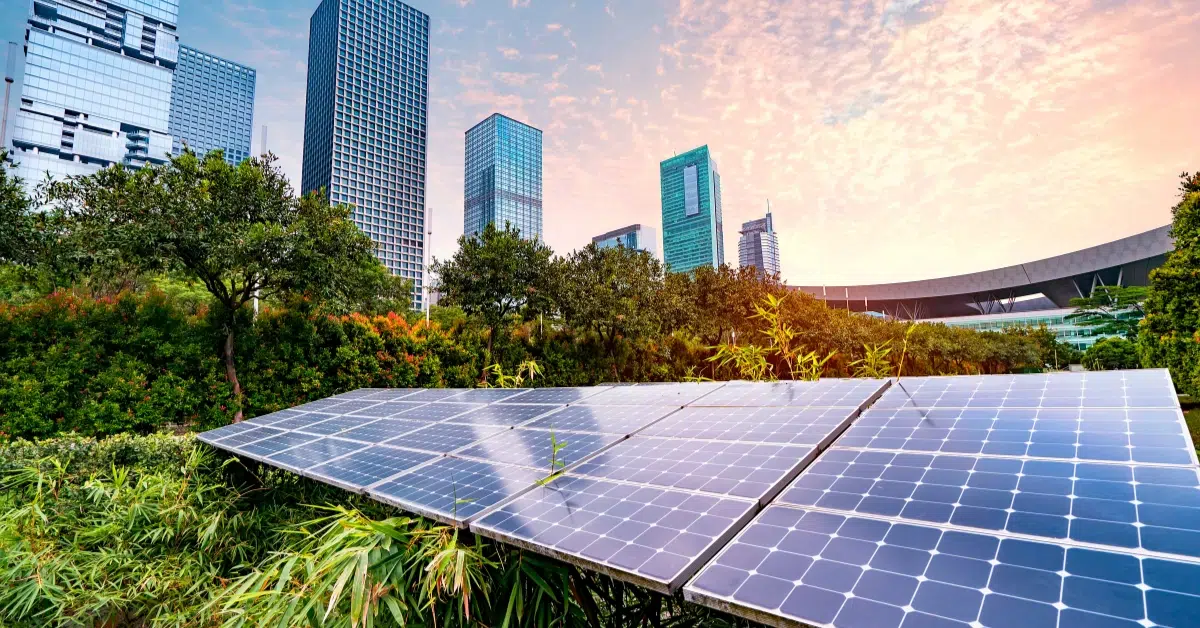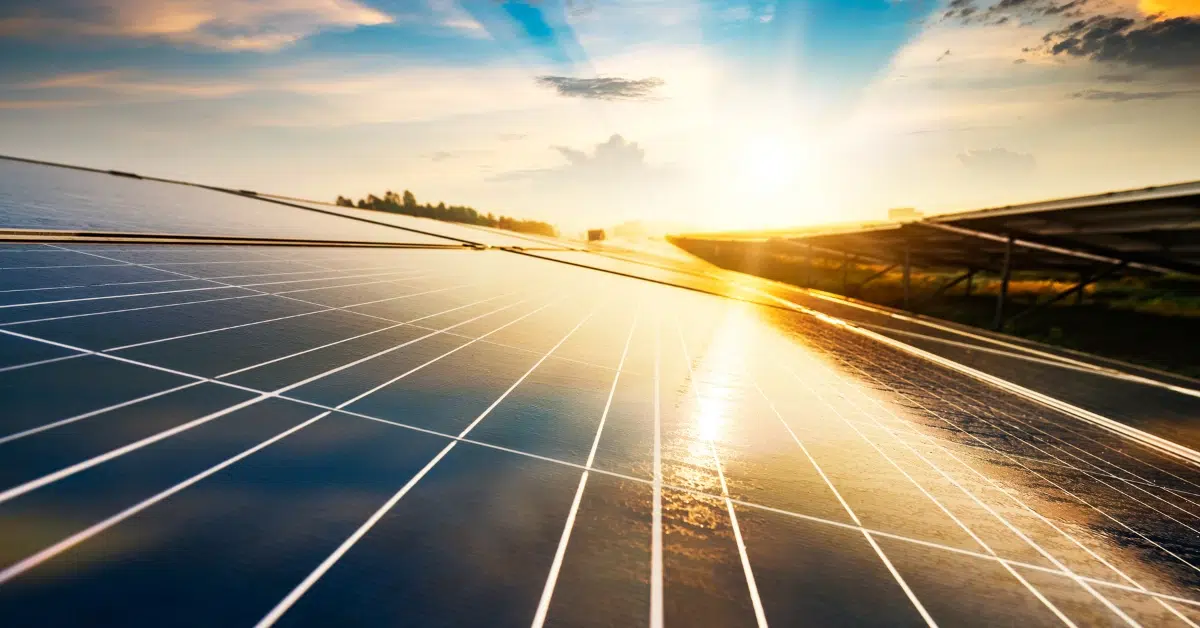Solar panels revolutionized the way we harness clean and renewable energy from the sun. However, to ensure these panels perform optimally, regular maintenance is essential. Cleaning your solar panels may seem straightforward, but there’s a science behind it. In this post, we’ll delve into the intricacies of how cleaning solar panels works, and how it can significantly impact the efficiency of your solar energy system.
Understanding the Role of Sunlight
At the heart of solar panel technology is the ability to convert sunlight into electricity. Solar cells, typically made of silicon, absorb sunlight’s photons and release electrons. This flow of electrons generates an electrical current, which is then used to power your home or business.
The Challenge of Dirt, Dust, and Debris
To maximize electricity production, solar panels need direct and unobstructed access to sunlight. However, various environmental factors, such as dust, dirt, pollen, bird droppings, debris, and even air pollution, can accumulate on the surface of your panels. These contaminants act as barriers, reducing the amount of sunlight that reaches the solar cells.
Reduced Energy Production
When the surface of your solar panels is dirty, it’s akin to placing a filter between the sunlight and the solar cells. This filter reduces the number of photons absorbed, resulting in decreased electricity production. In fact, studies have shown that dirty solar panels can lose up to 30% of their efficiency.
The Science of How Cleaning Solar Panels Works
Cleaning your solar panels effectively means removing these barriers to maximize sunlight absorption. But it’s not just about a quick wipe-down. The science of cleaning involves:
- Surface Tension: When water and cleaning agents are applied to your solar panels, they break the surface tension of the dirt and dust, allowing the contaminants to be lifted away more easily.
- Anti-Reflective Coatings: Many solar panels have anti-reflective coatings to enhance light absorption. These coatings can become less effective when covered in dirt. Cleaning helps maintain their efficiency.
- Microscopic Cleaning: Even tiny particles of dirt can block sunlight. Cleaning at a microscopic level ensures that all contaminants are removed from the panels.
The Benefits of Regular Solar Panel Cleanings
Now that we understand the science behind solar panel cleanings, let’s explore the benefits:
- Increased Efficiency: Clean solar panels absorb more sunlight, leading to increased energy production and cost savings on your electricity bills.
- Prolonged Lifespan: Regular cleaning helps protect your solar panels from potential long-term damage, extending their lifespan.
- Environmental Impact: Efficient solar panels reduce the need for additional energy production, lowering your carbon footprint and contributing to a greener planet.
- And More! Read our article “7 Benefits of Having Clean Solar Panels” for more benefits you can expect with regular solar panel cleanings.
Cleaning your solar panels isn’t just about maintaining their appearance; it’s about optimizing their performance. The science behind how cleaning solar panels works reveals how contaminants on your panels hinders energy production. By investing in regular cleaning, you ensure that your solar panels operate at their best, providing you with more clean energy and greater financial savings. It’s a simple, yet scientifically proven way to make the most of your solar investment.






